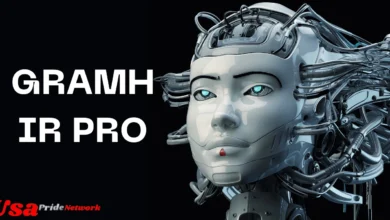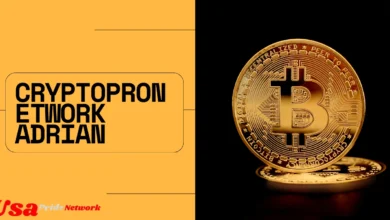Quantum computing is an emerging field that promises to revolutionize technology by solving complex problems beyond the capabilities of classical computers. Understanding its principles and potential applications is essential as we look toward the future of technology.
What Is Quantum Computing?
Unlike classical computers that use bits to process information as 0s or 1s, quantum computers utilize quantum bits, or qubits. Qubits can exist in multiple states simultaneously, a phenomenon known as superposition. This allows quantum computers to perform multiple calculations at once, significantly increasing processing power.
Another key principle is entanglement, where qubits become interconnected and the state of one qubit can depend on the state of another, regardless of the distance separating them. This property enables quantum computers to solve complex problems more efficiently than classical computers.
How Does Quantum Computing Differ from Classical Computing?
In classical computing, bits represent either a 0 or a 1. Quantum computing, however, leverages superposition and entanglement to process information in ways that classical computers cannot. This allows quantum computers to explore multiple solutions simultaneously, potentially solving certain problems much faster than classical computers.
Read more : https://ztech100.com/
Potential Applications of Quantum Computing
Quantum computing holds promise across various fields:
- Cryptography: Quantum computers could break current encryption methods, leading to the development of new, quantum-resistant cryptographic techniques.
- Drug Discovery: By simulating molecular structures more accurately, quantum computing can accelerate the development of new medications.
- Optimization Problems: Industries like logistics and finance can benefit from quantum algorithms that optimize complex systems more efficiently than classical methods.
- Artificial Intelligence: Enhancing machine learning models with quantum computing could lead to more accurate predictions and analyses.
Challenges Facing Quantum Computing
Despite its potential, quantum computing faces significant hurdles:
- Decoherence: Qubits are sensitive to their environment, and maintaining their quantum state long enough for computation is challenging.
- Error Correction: Developing methods to detect and correct errors in quantum computations is complex due to the nature of quantum information.
- Scalability: Building quantum computers with a large number of qubits while maintaining coherence and low error rates remains a significant engineering challenge.
The Future of Quantum Computing
As research progresses, quantum computing is expected to become more practical and accessible. Companies and governments are investing heavily in this technology, anticipating breakthroughs that could transform industries and solve problems currently beyond our reach.
As research progresses, quantum computing is expected to become more practical and accessible. Companies and governments are investing heavily in this technology, anticipating breakthroughs that could transform industries and solve problems currently beyond our reach. For those interested in staying updated on the latest tech innovations, platforms like https://usapridenetworks.com/kbjav-net/ provide valuable insights into cutting-edge developments in science and technology.
In classical computing, bits represent either a 0 or a 1. Quantum computing, however, leverages superposition and entanglement to process information in ways that classical computers cannot. This allows quantum computers to explore multiple solutions simultaneously, potentially solving certain problems much faster than classical computers.
Unlike classical computers that use bits to process information as 0s or 1s, quantum computers utilize quantum bits, or qubits. Qubits can exist in multiple states simultaneously, a phenomenon known as superposition. This allows quantum computers to perform multiple calculations at once, significantly increasing processing power.




